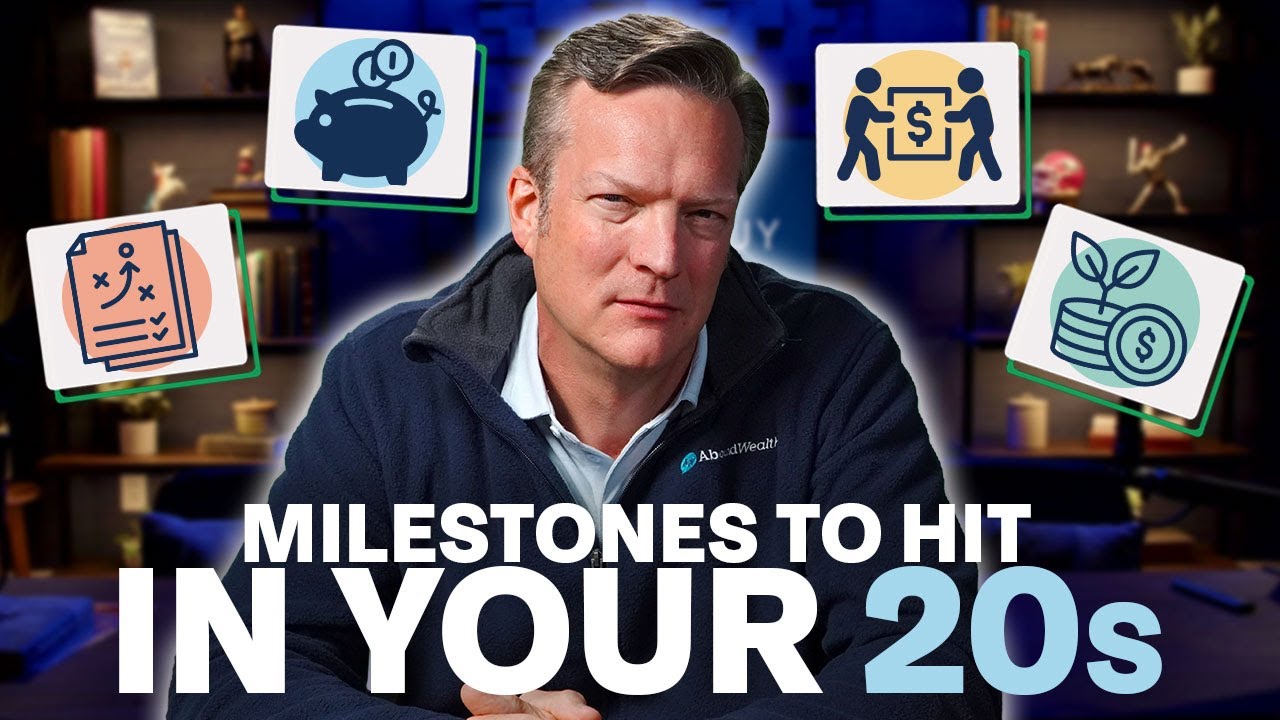
After a polarizing election season, investors may now be wondering what happens next when it comes to their finances. If you are wondering how this year’s election results may impact your wallet, keep reading.
It is quite normal to feel a certain amount of angst about your personal finances after such a contentious presidential election season. But as the dust settles and Americans reassess where they stand on the other side of Election Day, what is the immediate and long-term impact on personal finances?
As we have seen in just a few days since the election, the stock market has dipped and soared all within 48 hours since the President-Elect Donald Trump delivered his acceptance speech with the Dow rising to 218 points Thursday, November 10 and closed at a record high for the second day in a row. In fact, according to data from Jeff Hirsch, editor of the Stock Trader’s Almanac, the average decline for the S&P 500 the day after Election Day between 1932 and 2012 was 1.1%. But the S&P 500 rose 1.1% on Wednesday, November 9. (source).
The important thing investors can keep in mind, however, is that elections don’t typically have a long-term impact on market performance and things tend to stabilize within 100 to 200 days according to Vanguard research. So, what should investors know about the impact this election can have on your finances and is there anything you should be doing?
Don’t Make Any Rash Moves. First and foremost, it is important not to make any sudden, reactive financial moves right now. Being invested for the long-term means that any short-term volatility we’re experiencing right now is temporary and will blow over soon. It is better to stay the course than try to time the market with speculation.
Consider moving certain liquid funds into savings accounts, CDs, and money market funds if you have short-term cash flow needs (up to 5 years) that could be impacted by volatility. Otherwise, continue to contribute as you have been to your long-term investment portfolios. Pulling your money out because of fear of what might happen can be much more detrimental to your growth potential, because when markets go down they usually go back up and it is beneficial to be part of such a recovery.
Keep Your Portfolio Diversified. If you’re worried about the volatility of the financial markets following the Presidential Election, make sure you are diversified. When your investments are spread across a mix of cash, bonds, stocks and real estate, you are much more likely to stay on course toward your future goals.
In fact, diversification is key to your ability to ride out market volatility no matter the cause – Presidential Election or otherwise. The careful distribution of your wealth across asset classes helps to protect you against fluctuations in the market and can make a bumpy market cycle feel much smoother for you personally.
[Read: What You Can Learn from Volatility in the Markets]
Additionally, there are three areas we’ll be watching closely as President-Elect assumes office in January that can greatly affect our personal finances:
Federal Tax Rate. According to Donald Trump’s tax plan, federal income taxes will be reduced for everyone and standard tax deductions will increase. The goal of the plan is to help working Americans keep more of their money and pay less in taxes overall.
Cost of Childcare. Trump has proposed a plan that would help working families pay for childcare costs and make them more affordable. Specifically, Trump proposes a $5,000 deduction for childcare costs and for families making $62,400, Trump’s childcare plan would offer a rebate through what’s called the Earned Income Tax Credit. Finally, a new type of savings account will become available called, “Dependent Care Savings Account” with a $2,000 annual contribution limit. And funds in these accounts that go unused once the child turns 18 can then be used toward education costs.
Healthcare Costs and Options. Under President-Elect Donald Trump, the repealing of The Affordable Care Act will be replaced by Health Savings Accounts (HSA) and reforms that will help make healthcare more accessible and affordable.
[Read: Health Savings Accounts 101: Everything You Need to Know]
Whether all these ideas and proposed changes will come to fruition and when is yet to be seen, which is why we urge investors to stay the course, plan accordingly, and keep diversified. As financial advisors, we work with our clients to focus on the areas of their finances they can control and plan as best they can for the “what if” scenarios of life. And as we all move into the uncertain future together, we will be sure to keep you informed of all important changes and financial tools we can leverage to help you understand and maximize your finances.













